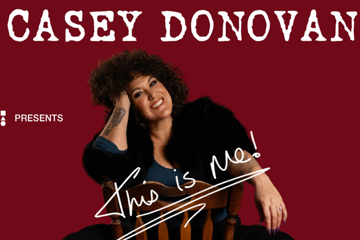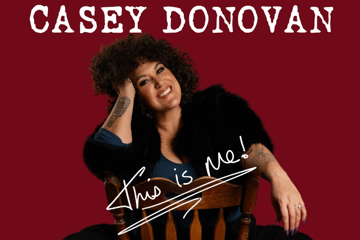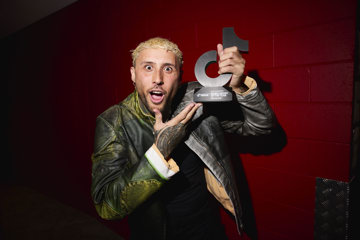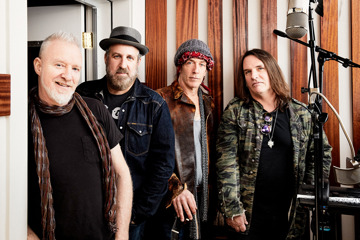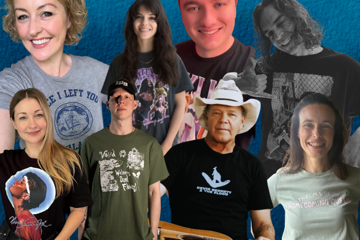How Reality TV Ruined Deni Hines' Career
An insight into what really goes on.

Pic via Facebook

When Sydney solo artist Deni Hines appeared on Australia's first season of The Celebrity Apprentice in 2011, her behaviour shocked all those who watched and speaking on a panel regarding reality TV at Australian Music Week on Saturday, Karen-lee Goody, who managed Hines during that point in her career, revealed that the negative perception created by the producers of the show had a detrimental effect on the singer's career.
Throughout the length of the series, Hines had many run-in's with fellow contestants and she was often referred to as the villain of the show, but according to Goody, a large amount of editing was done by producers to paint a picture of Hines that they wanted the audience to see.
"What's edited and what ends up on air is completely out of context with what's taken on the film 24/7, Goody explained.
"They will choose which ones they want to put in a good light and which ones they want to put in a bad light and Deni as we know from having horns on TV and green faces and what not, got chosen to be the bad devil. They edited enormous amounts of stuff taken out of context, to create controversy for ratings purposes."
Don't miss a beat with our FREE daily newsletter
Goody went on to say that tour dates were pulled following Hines' TV stint because she had been portrayed so poorly.
"The backlash was like nothing I've ever experienced before to the point that I was being personally called and harassed as her manager. It got to the point that the police were contacted."
Similarly, 2004 Australian Idol winner Casey Donovan who appeared on the same panel, said if given the opportunity she would not appear on another reality TV program.
"I think what Idol gave me was the glitz and the glamour...or an expectation of what I thought it should be," Donovan recalled of her time on the singing competition.
She explained that the producers of Idol were attracted to her personal story and how they could sell it to their audience.
"I was a little indigenous girl from Bankstown, I had daddy issues, I lived with my white parents and that was the story they sold. I was a grunge kid, I had dreadlocks, you know, I just looked like a fat little boy so there were obviously these emotional things that to producers, they're like, 'This is great, she's also indigenous so we can do that as well'. That was my story."
"So going through the show, I was asked all these questions about my Aboriginality, what did it mean to me. And as a kid I was like, 'Well I just go to school, I catch the bus and train, and I just like music. I'm not different to anyone.'"
"So coming out of that show I was now a poster kid for indigenous kids… for me, I always knew I was indigenous, but coming out and then for them to capitalise on that, I was like, well, I don't know my identity. I don't know who I'm supposed to be right now.' So they were saying you know, 'You're a role model for young indigenous kids' and I was like 'Yeah, but what about all the other kids? Can't we marry them together?' I was still a kid, I was still finding my own feet."
Donovan recently finished performing a season in the Australian theatre production of the popular musical, Rent.
Related Gigs


